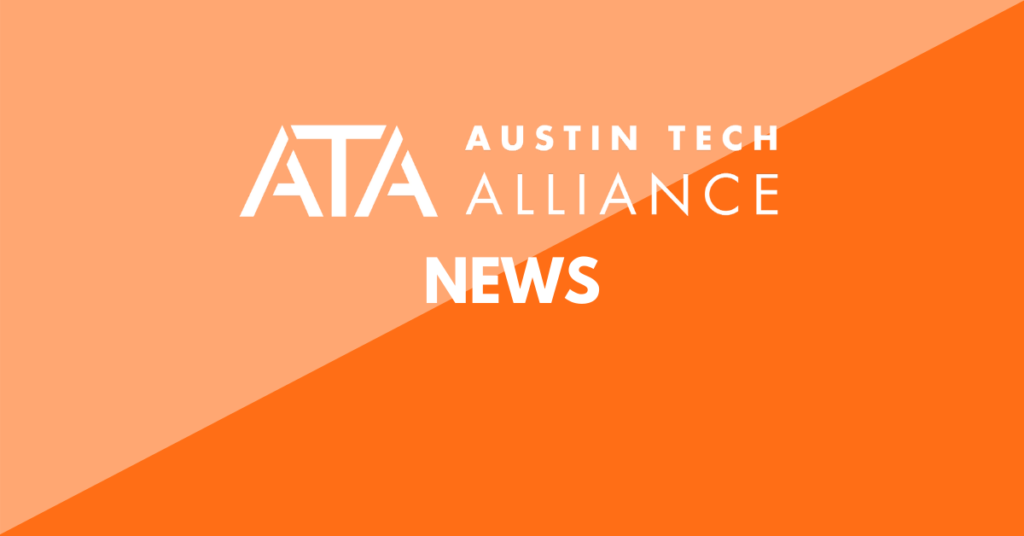In June of 2020, President Trump made the decision to suspend the granting of visas to immigrants seeking to work in the US in order to counteract the thousands of jobs American works have lost due to the COVID-19 pandemic. The President’s executive order freezes H1-B, H2-B, J, and L temporary work visas. H visas are granted to skilled workers (many of whom work in the tech sector) while L visas are granted to workers in executive or managerial roles at non-US-based companies.
Many US-based tech companies rely on international workers to fill specialized roles. As companies begin to recover from the COVID-19 pandemic and consider rehiring, they may have difficulty filling open positions with domestic workers alone. Nonpartisan data collection organization USAFacts reports that nearly one million temporary work visas were granted in 2019. Reducing that number to zero for the second half of 2020 means employers are likely to feel the effects of this significant dent in the labor supply. Further, New American Economy, a research firm that tracks immigration’s impact on the economy, shows that immigrants comprise 28.3% of the IT workers in Texas. There simply are not enough American workers trained in IT to fill the positions that would ordinarily have gone to immigrants, so companies will likely struggle to find the employees needed to ensure smooth operations.
This order’s effect on international students means it will likely leave a lasting impact on the composition of the American labor force. According to data published by US Citizenship and Immigration Services, there were nearly 2,500 H1B visas granted or renewed at Texas educational institutions in 2019. Many international students count on being able to work in the US to cover tuition costs and living expenses, so the suspension of H1-B visas means that many students will no longer be able to study here. Additionally, many international students are drawn to the US because of future job prospects. This order, combined with general uncertainty regarding immigration and future visa rules means that there will likely be a drop in the number of young immigrants hoping to enter the workforce in the US.
This order highlights the enormous impact that immigration policy has on the demographic composition of the workforce, and especially on the tech industry. Frequent shifts in policy mean that companies are constantly forced to adapt and find new labor sources. With time, it will become evident whether policies like this one will lead to a permanent shift in the workforce, or whether the reinstatement of H1-B visas at the end of the year will cause a return to the status quo.

